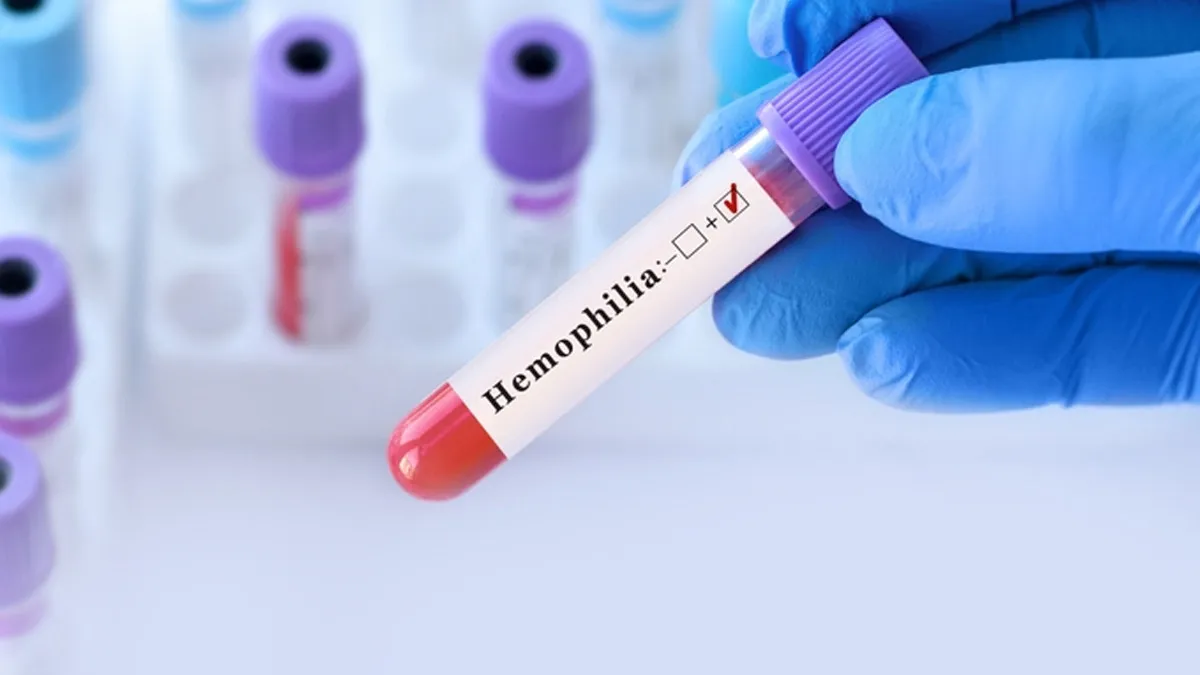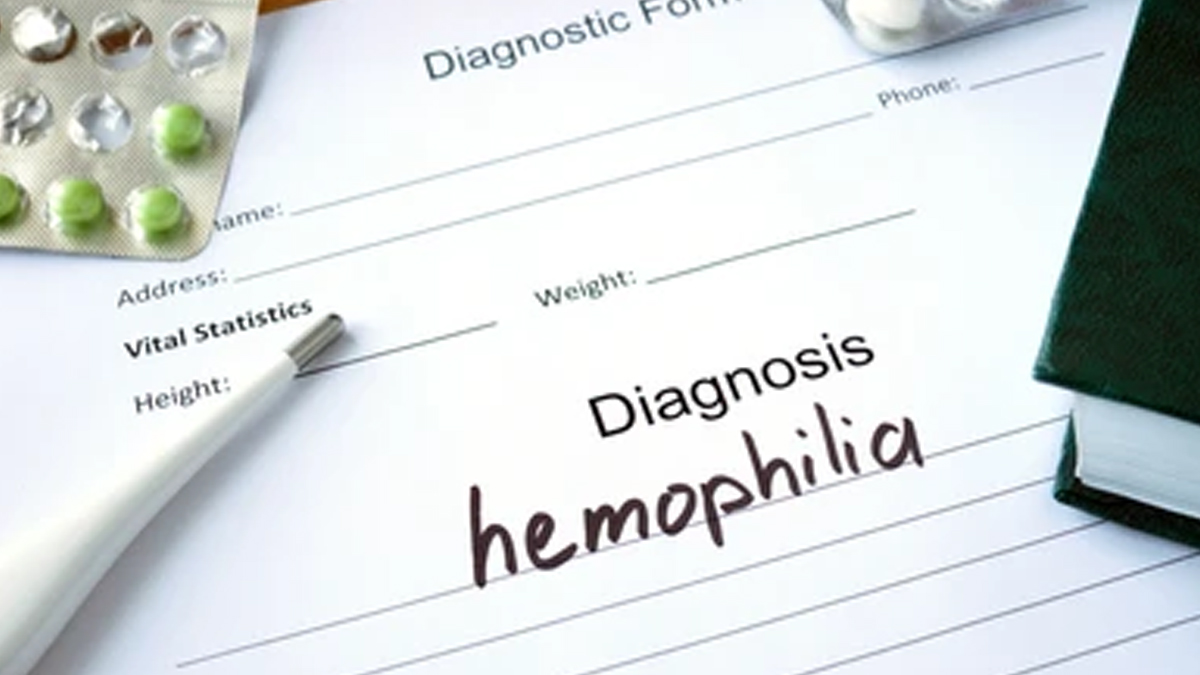
Did you ever blow off a scraped knee or a small bruise as no big deal. For most people, it's simply a part of everyday life. But for someone with haemophilia, even a minor cut can be a serious medical problem. Haemophilia is a bleeding disorder that makes it difficult for blood to clot, so there is more bleeding and more risk of internal damage, often without warning. Many people don’t even realise they have it until something goes wrong. That’s why catching it early can make such a huge difference. Early diagnosis helps manage symptoms, protect joints, prevent emergencies, and even add years to someone’s life.
Table of Content:-
We spoke to Dr Amit Saraf, Group Quality Head, Director - Internal Medicine Department, Jupiter Hospital, Thane, who explained the importance of early diagnosis for improving life expectancy in people with haemophilia.
What Is Haemophilia?

"Haemophilia is a rare genetic bleeding disorder where the blood doesn’t clot properly due to a deficiency in clotting factors—Factor VIII (Haemophilia A) or Factor IX (Haemophilia B). This leads to prolonged bleeding even after minor injuries and spontaneous internal bleeding, especially in joints and muscles," explained Dr Saraf. Left undiagnosed and untreated, haemophilia can cause chronic joint damage, life-threatening haemorrhages, and significantly reduced life expectancy.
The Centers for Disease Control and Prevention (CDC) states that the median age at diagnosis is 36 months in the case of mild haemophilia, 8 months in the case of moderate haemophilia, and 1 month in the case of severe haemophilia.
Why Early Diagnosis Makes All the Difference?

Early detection is important in enhancing the outcome and quality of life for people with haemophilia. If detected early, particularly in infancy or early childhood, preventive interventions can be initiated to prevent serious complications.
Prophylactic treatment, which involves regular infusions of clotting factor concentrates, helps prevent spontaneous bleeds and preserves joint health. According to the World Federation of Hemophilia, with access to appropriate treatment, individuals with haemophilia can now enjoy a near-normal lifespan.
"Additionally, early diagnosis enables healthcare providers to educate families on first-aid measures, physical activity guidelines, and the importance of avoiding medications like aspirin that worsen bleeding," added Dr Saraf.
As per a 2020 study, the all-cause mortality rate is approximately 19% higher in people with non-severe haemophilia compared to people without haemophilia. This means that people with non-severe haemophilia have about a 19% higher chance of early death due to any cause.
Also Read: Tiny Bleeds With Severe Consequences: Expert Explains Microbleeds In Haemophilia Patients
Genetic Counselling and Family Planning

When a family has a history of haemophilia, early diagnosis allows those with the condition to receive timely genetic counselling. Since the disorder is usually inherited in an X-linked pattern (affecting mostly males and passed down by carrier females), genetic testing and counselling can help couples make informed decisions when planning a family. In some cases, early detection even helps diagnose affected siblings before symptoms show up.
India’s Diagnosis Gap: The Road Ahead
In countries like India, where awareness and access to haemophilia care are still developing, early screening and diagnosis remain key challenges. According to the Haemophilia Federation of India, over 75% of people with haemophilia in the country may still be undiagnosed. Thousands of people suffer from this disorder without access to the support they need.
"Enhancing public health infrastructure, raising awareness among paediatricians, and making factor replacement therapy available in government hospitals can fill this gap," said Dr Saraf.
Bottomline
Dr Saraf concluded, "While haemophilia is a lifelong condition, it doesn't have to control your life. Early diagnosis does not just prevent complications; it opens the door to timely, life-saving interventions and a significantly improved quality of life for those living with haemophilia."
[Disclaimer: This article contains information provided by an expert and is for informational purposes only. Hence, we advise you to consult your professional if you are dealing with any health issue to avoid complications.]
Also watch this video
How we keep this article up to date:
We work with experts and keep a close eye on the latest in health and wellness. Whenever there is a new research or helpful information, we update our articles with accurate and useful advice.
Current Version